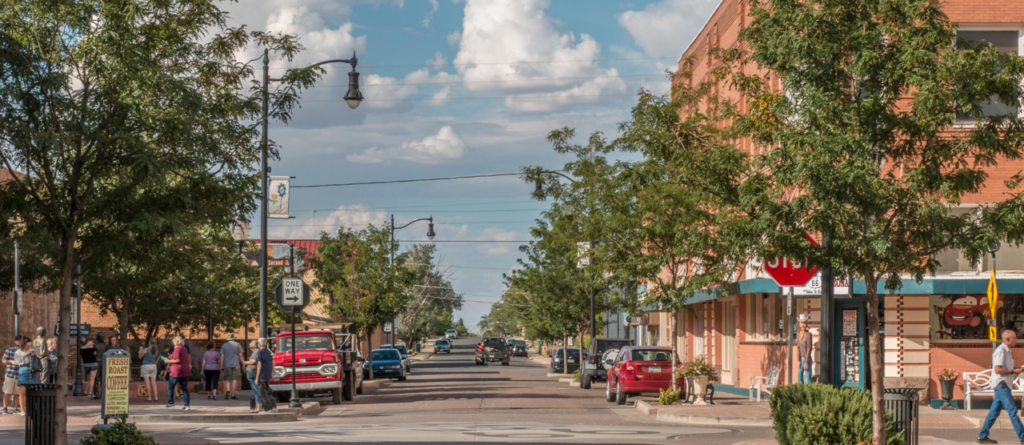Winslow is taking a two-prong approach to creating more workforce housing to address current needs and also prepare for future development in the city of about 10,000 residents.
According to the Strategic Plan that ECoNA released last year, Winslow has a deficit of about 750 workforce housing units between the current gap and projected growth over the next five years. The current number of dwelling units is about 2,900, with another 180 in the pipeline, said Jack Fitchett, the city’s Economic Development Director.
“We have some pretty large plans for development,” he added, including a large industrial park. “That’s going to require pretty significant labor, and that’s not going to happen if those people don’t have a place to live.”

This summer, the city will be releasing a request for proposal for a pilot program to develop a two-acre piece of city property that is part of Winslow’s land trust.
The successful developer would lease the land from the city at a low cost, and in turn would provide affordable units that would allow residents to build equity for a larger home, similar to efforts being done in Flagstaff by Habitat for Humanity of Northern Arizona.
Meanwhile, the city is also encouraging developers to take advantage of a range of incentives by making at least 20% of their units affordable to individuals earning up to 150% of the Area Median Income (AMI) for ownership or 100% of the AMI for rentals. Currently, the AMI for Winslow is about $42,000. The figure is updated annually based upon guidance from the federal Department of Housing and Urban Development.
The incentives range from the waiver of zoning and site plan fees, such as preliminary and final plat submittals and reviews of proposals by Planning and Zoning and Engineering departments. It also offers a sliding scale of reimbursements for rezoning application fees and general plan amendments based on the AMI population served by the proposal.
“The housing shortage, which is a nationwide concern, is also critical to Winslow,” said City Manager David Coolidge. “The program is a step in the right direction to provide incentives for developers to build much needed housing, but more importantly, to create affordable housing that is suited for the average median income in our community.”
When the ECoNA Strategic Plan was released last year, one of the most critical concerns in the report was the shortage of workforce housing in our region. It is exciting to see our communities answer the call for more affordable housing through innovative efforts and policies that address this issue.


Leave a Reply